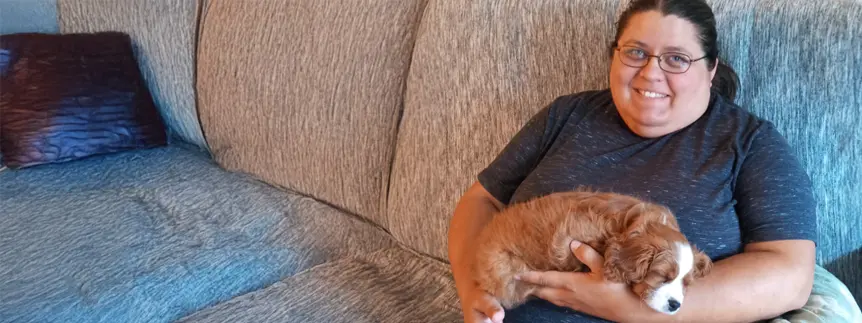I sit on the edge of my bed, staring at the faint glow of my phone screen. It’s been years, but the memories never fade. Some nights, they return with suffocating intensity—my sister’s voice, my brother’s laughter, the cold, heartless silence that followed their deaths.
I was born into it. The world of Jehovah’s Witnesses was all I had ever known. As a child, I was taught that love was conditional, that acceptance came with a price, and that loyalty to Jehovah meant severing ties with anyone who stepped away. They didn’t call it shunning. They softened the words—“limit association,” “keep spiritually separate.” But I knew what it really meant.
I was only ten when my sister Wendy died. Wendy, my only sister, whose hands created breathtaking sketches that won her a college scholarship, whose heart was too tender for the rejection she endured. Wendy, who had been cast out for her questions, for her doubt, for daring to live beyond the walls of the congregation. She had tried. She had fought for a life outside, but the weight of isolation crushed her.
I remember waking up to my mother’s screams. The panic. The sirens. The sinking realization that Wendy was gone. Only later did I understand—she had said goodbye to me the night before, and I, just a child, had not recognized the farewell for what it was.
The congregation did not mourn Wendy the way I did. They didn’t speak of her as someone lost, only as a warning. “This is what happens when you leave Jehovah,” they said. “This is what happens when you turn away.” Even in death, Wendy was shunned.
My brother, Andy, followed years later. He left the congregation too, refusing to bow to their rules, rejecting their control. My mother turned him in for smoking—a small defiance that marked him as an outsider. The congregation turned their backs on him, and he was left adrift. He searched for belonging, but the wrong people found him first. They gave him a place, a purpose, but at a terrible cost. He was 26 when his so-called friends let him die, too afraid to call for help before it was too late.
Again, the congregation spoke of him only in whispers. Another warning. Another example. They never saw what I saw—the way rejection had hollowed him out, how losing Wendy had broken him long before the drugs did.
For years, I stayed. Fear held me tight—the fear of losing everything, of becoming the next cautionary tale. I was baptized at 20, despite the sinking dread in my chest. To survive, I hid who I was. A bisexual, gender-fluid person had no place in their world, so I buried myself under their expectations. I swallowed the teachings, choked on the hypocrisy, and suffocated under the weight of a life that was never mine.
It wasn’t until later that I realized the biggest lie of all: that leaving meant losing everything. They never told me about the ones who left and thrived. The ones who found love and family beyond the congregation. The ones who built new lives, whole and unbroken. They had only ever shown me the tragedies, the suffering. They had used my own siblings as proof.
Now, I am shunned. The same people who raised me, who trained me to shun others, now do the same to me. But this time, I will not be the warning. I will be the voice that breaks the silence.
My fingers hover over the keyboard. I have shared my story before, but it never gets easier. Still, I know someone out there needs to hear it. Someone needs to know that leaving doesn’t have to mean losing.

